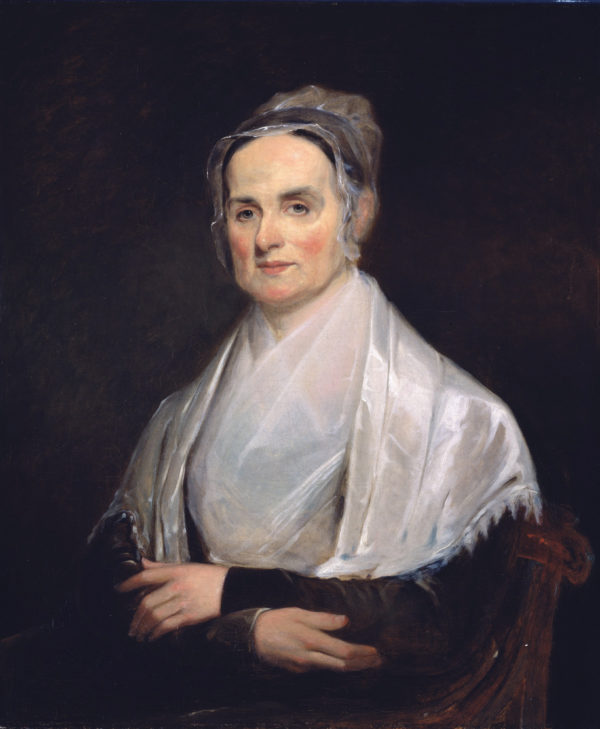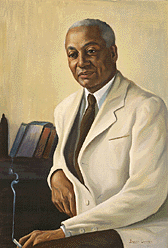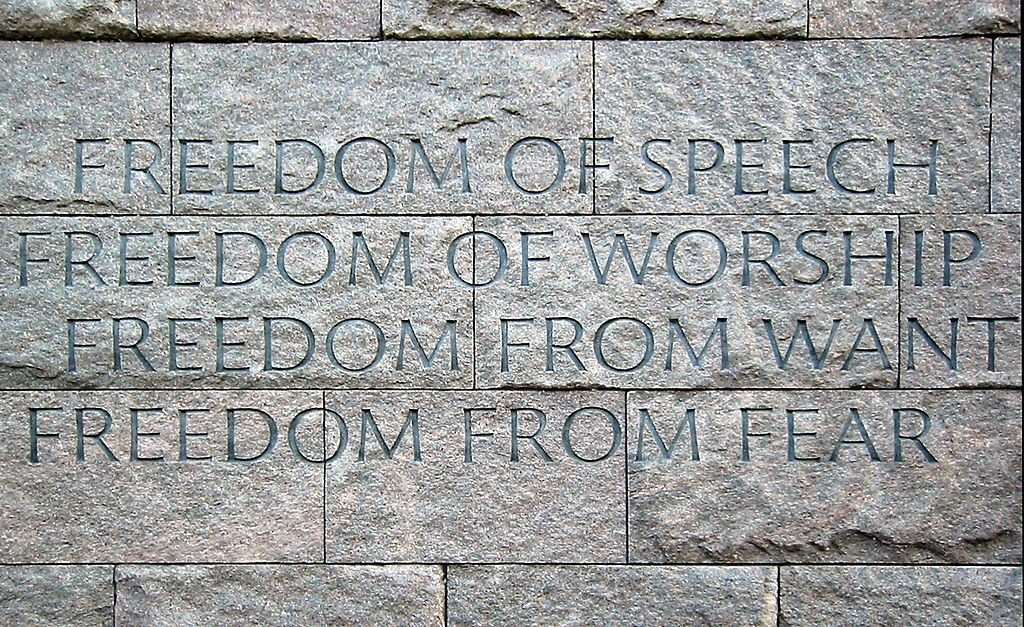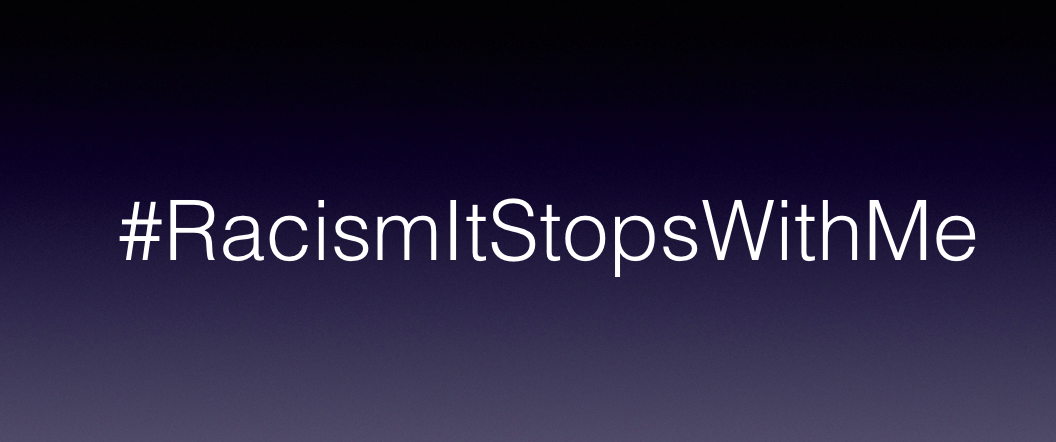
Leo’s Letter, the Atomic Bomb and Sadako’s Cranes
The following short story “Leo’s Letter” is written as a “fairytale” about the dropping of the atomic bomb. Although it is fictional, it is closely based on history. “Leo” is Leo Szilard, one of the founders of the Manhattan Project that created the first atomic bomb. Albert is, of course, Albert Einstein. Edward is Edward Teller, a scientist involved in the project. The President is first, President Franklin Roosevelt, and then, President Harry. S. Truman. Robert is Robert Oppenheimer. The doctor is Dr. Hiroshi Sawachika. Sadako is Sadako Sasaki, a girl who eventually succumbed to radiation poisoning after the dropping of the bomb over Hiroshima. Minimal ‘artistic’ licence has been taken with the basic historical facts behind the story. Historical sources are listed below.
Il seguente racconto breve “La lettera di Leo” è scritto come una fiaba sulla caduta della bomba atomica. Anche se fittizia, è strettamente basata sulla storia. “Leo” è Leo Szilard, uno dei fondatori del Progetto Manhattan che creò la prima bomba atomica. Albert, è naturalmente, Albert Einstein. Edward è Edward Teller, uno scienziato coinvolto nel progetto. Il Presidente è prima il Presidente Franklin Roosevelt, e poi il Presidente Harry S. Truman. Il dottore è il dott. Hiroshi Sawachika. Robert è Robert Oppenheimer. Sadako è Sadako Sasaki, una ragazza che morì infine per gli effetti delle radiazioni dopo la caduta della bomba su Hiroshima. Una licenza ‘artistica’ minima è stata presa riguardo ai fatti storici dietro al racconto. Le fonti storiche sono elencate in seguito.
Leo’s Letter
La lettera di Leo, la bomba atomica e le gru di Sadako
Leo was worried.
Leo era turbato.
He had crossed an ocean and fled a new and terrible tyrant, as a continent fell under his power. But the ocean was not wide enough. And he was afraid. Soon, the tyrant might have a weapon to which there would be no answer.
Quando un continente cadde sotto il potere di un nuovo e terribile tiranno, scappò, e attraversò un oceano. Ma l’oceano non era grande abbastanza, e Leo aveva paura. Presto, il tiranno potrebbe aver un’arma per cui non ci sarebbe risposta.
Leo, you see, worked with the tiniest, most invisible of things. And he had discovered that they could be linked together in a daisy chain of power and death. And in it he thought he saw also a crown for human knowledge.
Leo, capisci, lavorava sulle cose più minute, più invisibili. E aveva scoperto che queste si potevano legare insieme una con l’altra in una ghirlanda a margherita di morte e potere. E in ciò pensava anche di aver visto una corona per la sapienza umana.
But others, across the ocean, also knew of these invisible things. So Leo worried.
Ma altri, attraverso l’oceano, sapevano anche di queste cose invisibili. Perciò Leo era turbato.
And Leo went to his friend Albert.
E Leo andò al suo amico Albert.
“Albert, we must warn the President“, he said. Albert would gladly have had none of war or weapons. But here was something that could not be ignored. Or so he thought. And Albert said, “Let us write to the President.” And Leo wrote words for Albert. And Albert signed.
“Albert, dobbiamo avvisare il Presidente,” disse. Albert non avrebbe voluto avere nulla a che fare con armi né guerre. Ma qui c’era qualcosa che non si poteva ignorare. O, almeno, così pensava. E Albert disse, “Dai, scriviamo al Presidente.” E Leo scrisse parole per Albert. E Albert firmò.
And slowly the letter wended its way to the President. At first, little was done. But then a great project was born. A project to build a weapon, a bomb such as the world had never seen before. Kept secret, unimaginable wealth was poured into the quest.
E pian piano la lettera ha fatto il suo cammino verso il Presidente. All’inizio, poco fu fatto, ma poi nacque una grande impresa; un’impresa per costruire un’arma; una bomba come mai si era vista prima nel mondo. Ed era segreta, e un patrimonio fuori immaginazione era stato versato per costruirla.
Leo went to work on the project. And the war wound on. And millions died. Children burned in far apart cities. Young men died on island beaches, in deserts and forests, in plains and snows, in metal shells on land and sea. More and more lives poured into an ever more efficient engine of death.
E Leo andò a lavorare nell’impresa. E la guerra continuò. E milioni morirono. I bambini bruciarono in città distanti tra loro. Giovani morirono su sponde di isole, nei deserti, nei boschi, nei campi, sulle nevi, in conchiglie di ferro sulla terra e nel mare. Sempre più vite versate in un sempre più efficace motore di morte.
And Hades, smiled a smile of welcome, as they passed through his gate, and read the words of hopelessness inscribed there. “Wasn’t Pandora’s warning enough?” he asked them. “Soon more will come.” And the people grieved.
E Ade, ha sorriso un sorriso di benvenuto, quando hanno passato le sue porte e hanno letto le parole disperate incise lì. “L’avvertimento di Pandora fu insufficiente?” gli chiese. “Fra poco altri verranno.” E la gente era addolorata.
But this thing, this terrible new weapon, was to be kept safe; never used, except in final need. But now the war was ending, the tyrant defeated. And Leo was worried.
Ma questa cosa, questa terribile arma nuova, doveva essere mantenuta al sicuro; mai usata, tranne per ultima necessità. Ma ora la guerra stava per finire, il tiranno sconfitto. E Leo fu turbato.
He spoke to his fellow scientists. “We cannot allow this thing to be used.” And many agreed. And they were now afraid of the warriors for whom they had built the weapon. Leo, said, “Let us send a petition to the President”. And they did and the petition said – do not use this weapon. “We feel that such attacks could not be justified … it will open the door to an era of devastation on an unimaginable scale … we must bring the unloosened forces of destruction under control.”
Ha parlato con i suoi colleghi scienziati. “Questa cosa non possiamo permettere che sia mai usata.” E tanti erano d’accordo. E ora avevano paura dei guerrieri per cui avevano costruito l’arma. Leo disse, “Inviamo una supplica al Presidente.” E così fu, e la supplica diceva – non usi quest’arma. “Sentiamo che tali attacchi non potrebbero mai essere giustificati … dobbiamo portare le sciolte forze di distruzione sotto controllo.”
However, Edward, who had been with Leo at the beginning, would not sign. And he wrote, “I wanted to know. That is why. And there is no hope of saving our souls.” And Hades smiled a knowing smile.
Edward, però, che fu con Leo dal principio, non volle firmare. E scrisse. “Volevo sapere. Questo è il perché. E non c’è speranza che salveremo le nostre anime.” E Ade, sorrise un sorriso consapevole.
When the general came to know of the petition, he was angry. He wrote to an old friend. “Tell me, old friend, what do you remember about dear Leo. He has not, I must speak plainly, evidenced wholehearted cooperation in our security“. And the old friend wrote back. It was nothing. But Leo, it was clear, would work no more with the small invisible things he knew so well. And the petition, would stray in its path, it would not pass the President’s desk, before it was safely entombed in a place marked secret. And others, around the President, cleared a pathway for the bomb, so that it would not stray.
Quando il generale venne a sapere della supplica, si infuriò. Scrisse a un vecchio amico. “Dimmi, mio vecchio amico, cosa ti ricordi del caro Leo. Non ha, devo parlare francamente, dato la sua piena cooperazione alla nostra sicurezza.” E Leo, era inteso, non avrebbe più lavorato con le cose più minute, più invisibili, che conosceva così bene. E la supplica, si perse nel suo percorso, e non è passata sulla scrivania del Presidente, prima di essere sepolta, sicuramente, in un luogo marcato segreto. Ed altri, attorno al Presidente, hanno fatto strada per la bomba, così che sulla bomba non si divagasse.
And the bomb fell.
E la bomba cadde.
And some cried. And some laughed. And many were silent. And Robert said, “Now I am become death, the destroyer of worlds”.
E alcuni piangevano. E alcuni ridevano. E tanti sono rimasti taciti. E Robert disse, “Ora sono diventato la Morte, il distruttore di Mondi.”
And on the flight home, the flyers said little.
E sul volo a casa, i piloti dissero poco.
And the doctor said, “We had nothing to treat the injured and we didn’t know what to do, there were so many. But we learnt a lot that day. We learnt that such weapons which gnaw the bodies and minds of men must never be used. And if we ever use them again we shall never stop being ashamed of ourselves.“
E il dottore disse, “Non avevamo nulla per soccorrere i feriti e non sapevamo che fare, ce n’erano così tanti. Ma abbiamo imparato molto quel giorno. Abbiamo imparato che tali armi che rodono i corpi e le menti degli uomini non devono mai essere usate. E se mai le usassimo di nuovo non smetteremmo mai di vergognarci di noi stessi.”
And the criers crafted words of revenge and wonder for the President to speak.
E i banditori crearono parole di vendetta e meraviglia per la bocca del Presidente:
Those who attacked us have been repaid many fold.
And the end is not yet. … But the marvel …
the achievement of scientific minds …
And hardly less marvelous
has been the capacity of industry to design
and of labor to operate,
the machines and methods
to do things never done before
so that the brainchild of many minds
came forth
in physical shape
and performed as it was supposed to do …
Quelli che ci hanno attaccato sono stati ripagati molto di più
E ancora non abbiamo finiti … la meraviglia …
La conquista di menti scientifiche …
E poco meno meraviglioso,
la capacità dell’industria di disegnare,
e degli operai di operare
le macchine e i metodi,
Di fare cose mai fatte,
Frutto dell’ingegno di tante menti
che si è manifestato
In forma fisica
e che ha fatto quello che avrebbe dovuto fare …
Sadako, was only a Hiroshima babe when the bomb fell and thousands of mortal remains came down as ashen rain.
Sadako, era solo una bambina piccola quando la bomba cadde e i resti mortali di migliaia caddero come pioggia cinerea.
But Sadako lived on, for a time. Only a span of 12 years. And then she became sick.
Ma Sadako, continua a vivere, almeno per un tempo. Solo un arco di dodici anni. E poi si ammalò.
One day she learnt of paper cranes and heart deep wishes. And Sadako made them, as the sickness strengthened its grip around her heart, and slowly took her life. One by one she folded and released them, and the cranes flew, each with its mission.
Un giorno ella venne a sapere delle gru di carta e di sogni dal profondo del cuore. E Sadako li fece, e la malattia diventò più forte e strinse la sua presa sul suo cuore, e poco a poco le tolse la vita. Una dopo l’altra ella le ha piegate e le ha rilasciate, e le gru volarono, ognuna sulla sua missione.
And one of them flew to Leo. Taking its fragile wings, he carefully unfolded it, one love creased fold after another. And when it was fully open, he read it. Just one word, so carefully written on its wings.
E una volò da Leo. E con cura ha preso le sue ali fragili, e le spiegò, una piega d’amore dopo l’altra. E quando era pienamente aperta, lesse. Solo una parola, scritta con tanto cura sulle ali.
Hope.
Speranza.
Image
Misako Chida, The Paper Crane, creative commons image Wikimedia
Notes
This article was amended 24 December 2024 to include an introduction and add my Italian translation. With grateful thanks to Azzurra Cirrincione for her proofreading of the Italian translation.
The following are some of the historical sources which have been drawn on.
Gene Dannen’s account of how the letter to President Roosevelt came to be written
Leo Szilard and Albert Einstein’s Letter to President Roosevelt
Report of Einstein’s later view about the letter
A Point of View. The Man Who Dreamed of the Atom Bomb
Scientists Petition to the President of the United States
General Groves letter seeking evidence against Leo Szilard
The June 1945 Szilard Petition on the Atomic Bomb Memoir by a Signer at Oak Ridge Howard Gest
Video of Robert Oppenheimer in which he recollects the first experience of the first test atom bomb
Sargeant Joseph Stiborik’s, Radar Operator on the Enola Gay. Recollections
President Truman’s Announcement of the Bombing of Hiroshima
Testimony of Hiroshima Survivor Hiroshi Sawachika
Sadako Sasaki – Virtual Exhibition at the Hiroshima Peace Museum
Kid’s Peace Station Hiroshima: Sadako’s hope conveyed around the world
Leo Szilard’s later advocacy against nuclear weapons.
Work revised 17 August 2019.






